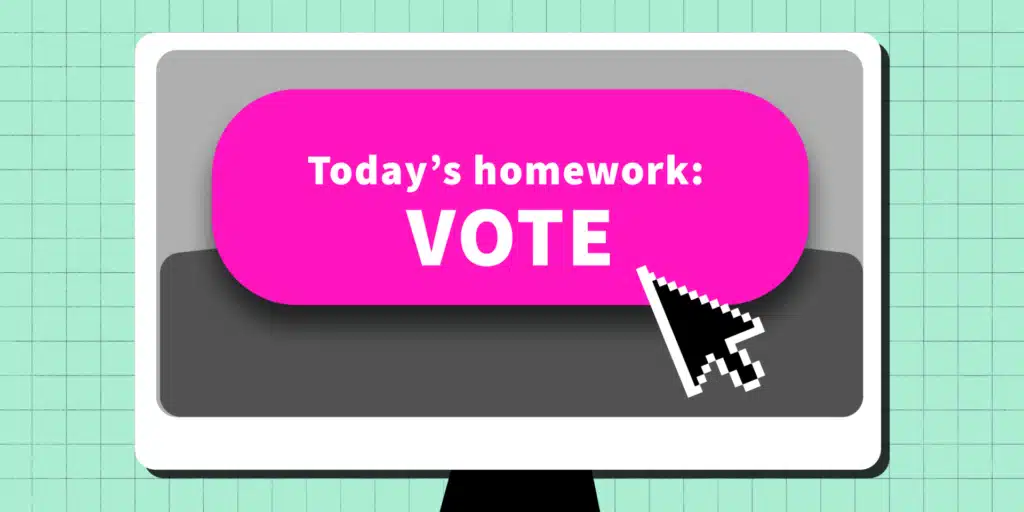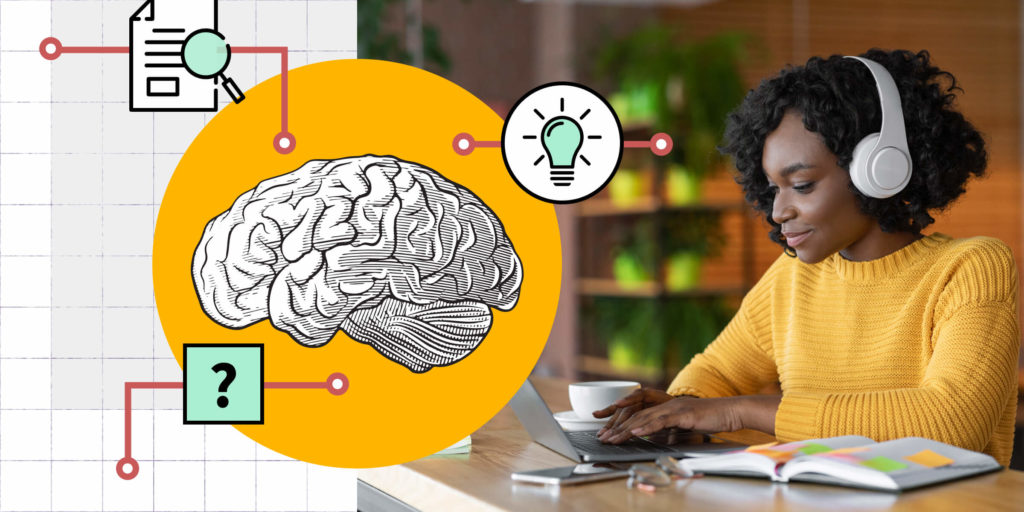On March 12, I arrived at Ryerson University for the last time in the semester without even knowing it. As the day unfolded, I learned that two of my three graduate-level classes were moving online. My public speaking class would be cancelled altogether. Certain assignments, mainly presentations, were removed from this course and the remaining weight was shifted to class work that was already completed. My two other professors attempted to continue the stream of synchronous learning via Zoom, which didn’t last more than a day.
My learning has since moved towards an asynchronous model, with the main form of communication taking place over email. Ultimately, the transition to online learning has been a rocky one. Internet issues and not being able to bounce ideas off classmates in person has been a challenge, especially with group projects on the go.
I spoke to a number of graduate and undergraduate students to better understand the effect that school closures due to COVID-19 has had on them. Here’s how their perspective on learning has changed as a result of in-person class cancellations.
The remote classroom breeds empathy
Many students have been heartened to find that professors have generally responded empathetically to the new reality of remote learning. “In my cognitive psychology class, we have two video calls a week with our professor,” says Ohio University student Delia Grantham. “He told students that he wants tolerance, compassion, leniency and empathy to be important values in the class from here on out.”
Students continue to feel seen through adaptations to their assessments, many of which have changed to accommodate the reality of a remote learning environment due to class cancellations. “Most assignment due dates were pushed back to make room for the adjustment to home learning,” Grantham continued. “Exams are now online, and in my case, most are open book to accommodate students’ transitions to remote learning.”
At some institutions, instructors are allowing for more time on projects, even changing the syllabus to assist students who are showing difficulties. “Some project expectations changed, presentations were cancelled and the grading structure was reworked for numerous courses, which I appreciated,” says Ryerson University student Grace Esford.
In other instances, professors are even letting students decide the fate of their own courses. “We were given four or five different options with how we wanted to continue in one of my classes. The majority of students wanted the final paper to be removed. My class was then cancelled altogether,” Ryerson University’s Kirstin Corbett says.
Students are realizing they prefer in-person learning
It’s no doubt that professors are doing the best they can under these unprecedented circumstances, but students are still adjusting to in-person class cancellations. “The first week of online classes was very overwhelming,” says Oregon State University student Will Stiegler. “I enjoy going to class and interacting with students and teachers. It’s hard to replicate that in online classes.”
Adding to this, some students are noticing that their professors are struggling to tackle the online teaching challenge head-on. “I know a few professors who are old school and have never done online classes. Some fun in-class activities are being replaced with online discussion posts, which seems to be a trend,” Stiegler added.
Others are reporting that virtual classes aren’t as fulfilling as they’d hoped. “We’re in week four of remote learning and I now have a routine for how to successfully engage with course material and still achieve the academic requirements in order to pass my courses,” says Ryerson’s Esford. “I find in-person classes to be more valuable and I really miss engaging with the material in seminars with classmates and my professors.”
Life outside of the classroom is not without its challenges
Many students are finding their routines—and even personal and professional lives—have been completely upended because of the pandemic. “I lost my on-campus job because of Ohio U’s shutdown. This was devastating because it was my primary source of income and when I moved back home, I was unable to get a job because all non-essential businesses shut down in Ohio,” says Grantham.
For others, the adjustment to social distancing has been a major struggle. “I excel with routine and in-person communication,” says Ryerson’s Corbett. “I struggle with time management and I find it hard to get my work done at home, where my family is on a completely different schedule.”
For graduating students, sudden in-person class cancellations left little time to commemorate their academic journeys. “I was sitting in my senior capstone class when we received a university-wide email announcing that all classes would be held online for the rest of the semester,” says Emma Rice from Michigan State University. “The first thing that went through my mind was the sadness I felt about not seeing many of my friends possibly ever again.”
With the shift to remote teaching, learn how Top Hat helps to facilitate a smooth transition without sacrificing student learning.
All responses have been edited for clarity.


